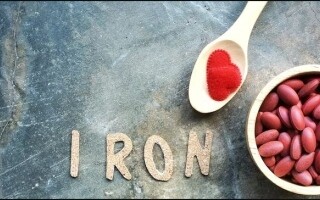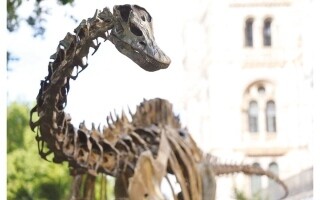
A report issued by the German Society for Nutrition states that iron deficiency can significantly affect many individuals, including women, given the influence of the menstrual cycle and the periods of pregnancy and breastfeeding on iron levels in the body. Iron deficiency can also affect older adults and athletes.
The society clarified that symptoms of iron deficiency may include pale skin, fatigue, persistent tiredness, and general weakness, in addition to shortness of breath, especially during physical activity, and hair loss and brittle nails.
Iron deficiency can be addressed by consuming a variety of iron-rich foods, such as red meats, liver, and green vegetables like spinach, kale, and broccoli, as well as legumes, nuts, seeds, and certain types of fish.
Studies indicate that there are foods that help the body absorb iron better, such as citrus fruits that contain vitamin C, while coffee, tea, and dairy products can hinder iron absorption, so it is preferable to consume these foods at separate times.
In cases of severe iron deficiency, it is recommended to take dietary supplements under medical supervision. It is noted that iron plays an essential role in blood formation, supporting the immune system, and regulating body temperature, as well as having a positive effect on the health of hair and nails.















